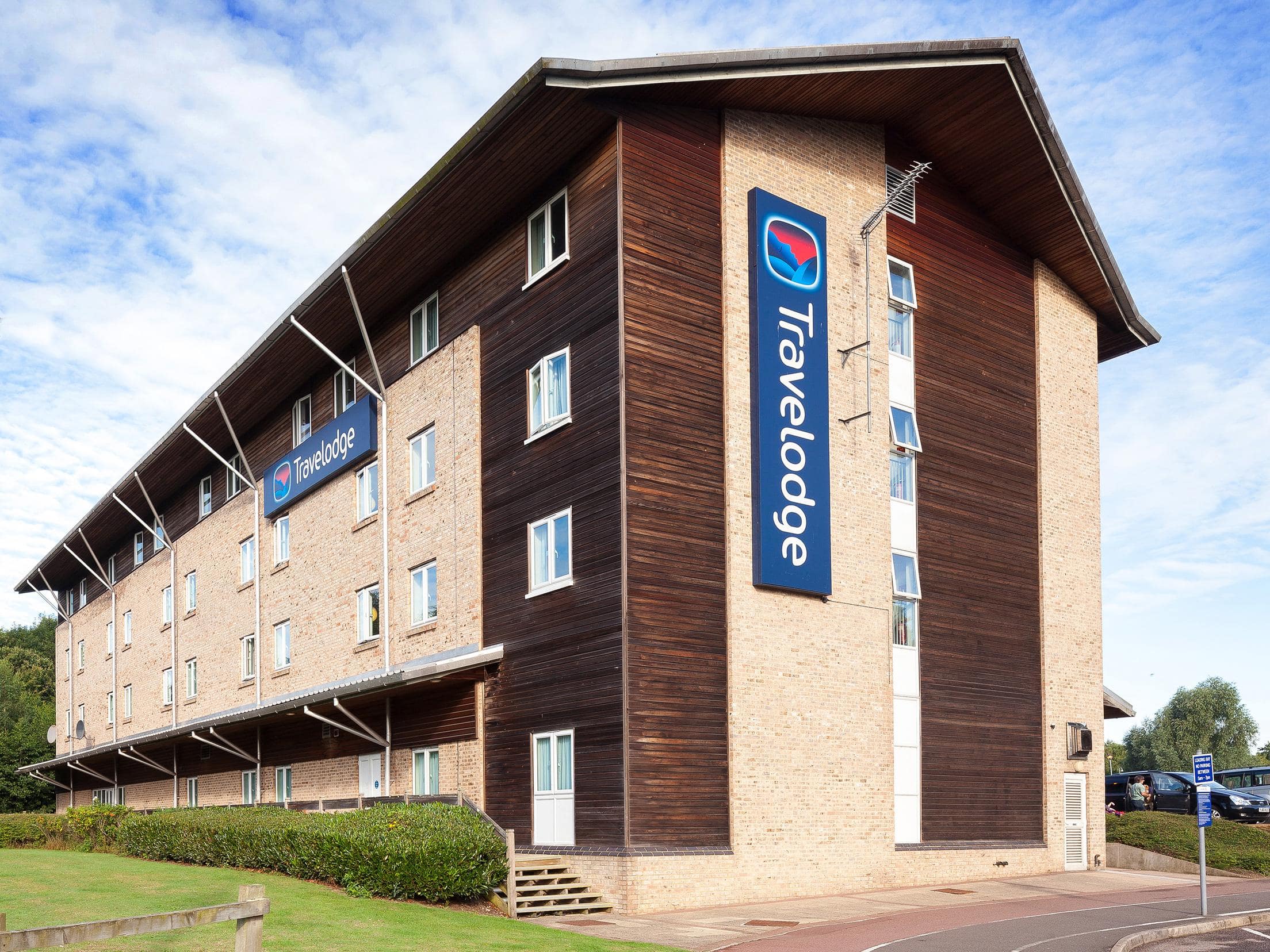Today, Travelodge, one of the UK’s largest hotel brands, which operates nearly 600 hotels, is writing to 220 Local Authorities across Britain proposing a joint development partnership that can act as a catalyst to stimulate regeneration and facilitate further growth.
Travelodge has identified that it can expand its UK hotel network with a further 300 target locations for new hotels across the UK, and is offering Local Authorities the opportunity to have one or multiple hotels within their region to support their regeneration programmes. For over 120 towns, such as Ripon, Lichfield and Cromer, it could be an opportunity to have its first branded hotel – which could revolutionise its local economy.
This expansion programme could represent an investment of around £3 billion for third party investors and create over 9,000 new jobs across the UK.
In 2022, Travelodge opened six new hotels, three of which were Local Authority partnerships with two hotels located in London at Docklands and Wimbledon and the third hotel situated in Braintree. The group is also currently on site with construction of two further Travelodge hotels being delivered in direct partnership with Local Authorities in Rotherham and Colchester. The Rotherham Travelodge is the group’s first hotel in Rotherham and it is also the first branded hotel in the town centre. For Colchester, it is the group’s second Travelodge hotel.
These bespoke agreements have had unique funding structures, all of which have enabled Local Authorities to utilise their existing assets, create jobs, generate income, and help to regenerate brownfield land in strategically important locations.
Some of the new Travelodge hotels in this programme have been built on surplus local authority land, with the funding provided either through the Local Authority’s internal resource or via low-cost funding from the Public Works Loan Board or third party resources.
Upon completion of the hotel development, local authorities have the choice of either retaining ownership of the hotel and receiving an annual rent into the Council’s revenue budget or selling the hotel with Travelodge as its operator.
The two recent London Travelodge hotel openings at Docklands and Wimbledon as well as Colchester were lease-wrapper deals, also known as income-strip deals. Under this structure, the Council takes a headlease, with Travelodge being the undertenant. The rent that the Council pays is lower than the rent it receives from Travelodge – with an annual profit rent for a 30+ year period.
The Councils’ covenant strength enables the developer to sell the (Council) leasehold investment to an institutional, long-income fund at a much lower investment yield than a lease to Travelodge would achieve. This generates a higher end development value, enabling the development to proceed.
This kind of structure enables developments to take place which otherwise would not be financially-viable and therefore delivers new town centre regeneration which would not otherwise happen.




